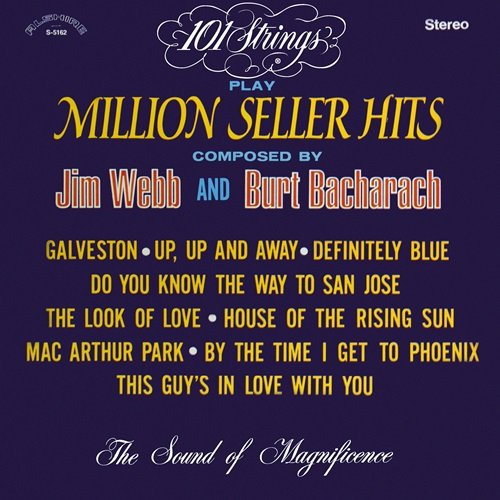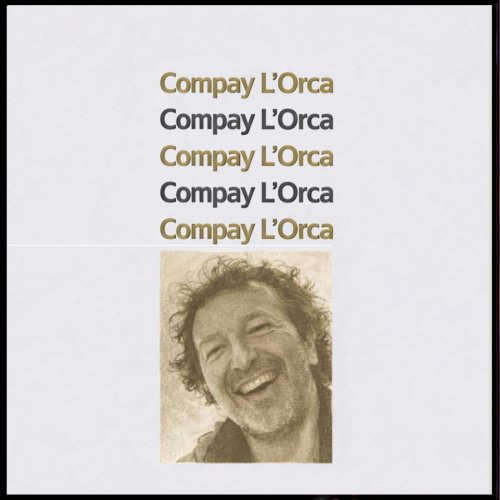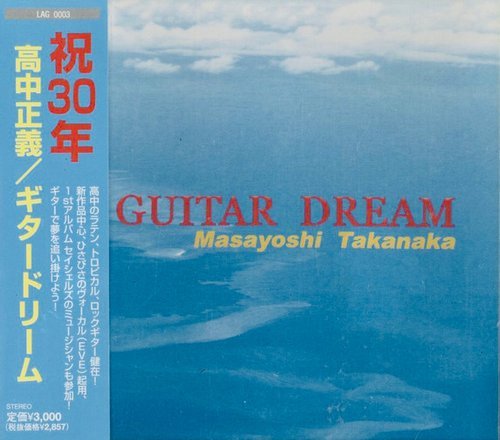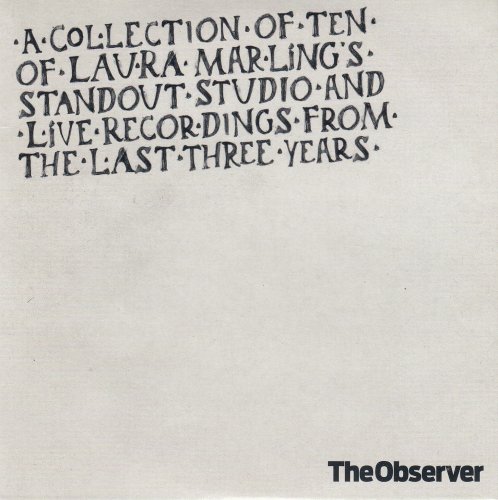Akademie für Alte Musik Berlin, Andreas Scholl, René Jacobs & RIAS Kammerchor - Bach: Secular Cantatas, BWV 201, 205 & 213 (1996)
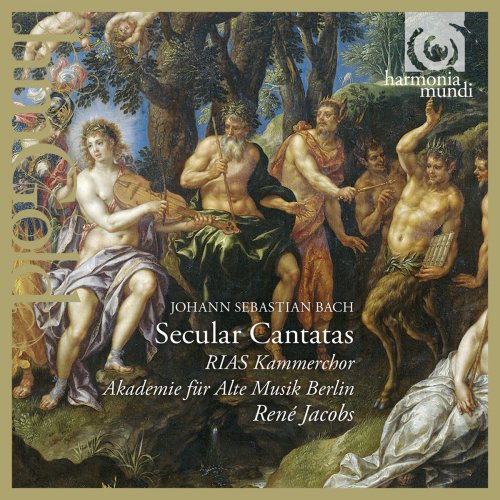
Artist: Akademie für Alte Musik Berlin, Andreas Scholl, René Jacobs, RIAS Kammerchor
Title: Bach: Secular Cantatas, BWV 201, 205 & 213
Year Of Release: 1996
Label: harmonia mundi
Genre: Classical
Quality: flac lossless
Total Time: 02:14:30
Total Size: 602 mb
WebSite: Album Preview
TracklistTitle: Bach: Secular Cantatas, BWV 201, 205 & 213
Year Of Release: 1996
Label: harmonia mundi
Genre: Classical
Quality: flac lossless
Total Time: 02:14:30
Total Size: 602 mb
WebSite: Album Preview
---------
CD1
01. Chor "Geschwinde, Ihr Wirbelnden Winde"
02. Rezitativ Phoebus, Pan, Momus "Und Du Bist Doch So Unverschämt"
03. Aria Momus "Patron, Das Macht Der Wind!"
04. Rezitativ Mercurius, Phoebus, Pan "Was Braucht Ihr Euch Zu Zanken?"
05. Aria Phoebus "Mit Verlangen Drück Ich Deine Zarten Wangen"
06. Rezitativ Momus, Pan "Pan, Rücke Deine Kehle Nun"
07. Aria Pan "Zu Tanze, Zu Sprunge, So Wackelt Das Herz"
08. Rezitativ Mercurius, Tmolus "Nunmehro Richter Her!"
09. Aria Tmolus "Phoebus, Deine Melodei"
10. Rezitativ Pan, Midas "Komm, Midas, Sage Du Nun An"
11. Aria Midas "Pan Ist Meister, Laßt Ihn Gehn!"
12. Rezitativ Momus, Mercurius, Tmolus, Phoebus, Midas, Pan "Wie, Midas, Bist Du Toll?"
13. Aria Mercurius "Aufgeblasne Hitze"
14. Rezitativ Momus "Du Guter Midas, Geh Nun Hin"
15. Chor "Labt Das Herz, Ihr Holden Saiten"
16. The Pacified Aeolus: Chor "Zerreißet, Zersprenget, Zertrümmert Die Gruft"
17. The Pacified Aeolus: Rezitativ Äolus "Ja! Ja! Die Stunden Sind Nunmehro Nah"
18. The Pacified Aeolus: Aria Äolus "Wie Will Ich Lustig Lachen"
19. The Pacified Aeolus: Rezitativ Zephyrus "Gefürcht'ter Äolus"
20. The Pacified Aeolus: Aria Zephyrus "Frische Schatten, Meine Freude"
21. The Pacified Aeolus: Rezitativ Äolus "Beinahe Wirst Du Mich Bewegen"
22. The Pacified Aeolus: Aria Pomona "Können Nicht Die Roten Wangen"
23. The Pacified Aeolus: Rezitativ Pomona, Pallas "So Willst Du, Grimmger Äolus"
24. The Pacified Aeolus: Aria Pallas "Angenehmer Zephyrus"
CD2
01. Rezitativ Pallas, Äolus "Mein Äolus, Ach! Störe Nicht Die Fröhlichkeiten!"
02. Aria Äolus "Zurücke, Zurücke, Geflügelten Winde"
03. Rezitativ Pallas, Pomona, Zephyrus "Was Lust! Was Freude!"
04. BWV 205: Aria Pomona, Zephyrus "Zweig Und Äste"
05. Ja, Ja! Ich Lad Euch Selbst Zu Dieser Feier Ein
06. Chor "Vivat! August, August Vivat!"
07. Chor "Laßt Uns Sorgen, Laßt Uns Wachen"
08. Rezitativ Hercules "Und Wo? Wo Ist Die Rechte Bahn?"
09. Aria Wollust "Schlafe, Mein Liebster"
10. Rezitativ Wollust, Tugend "Auf! Folge Meiner Bahn"
11. Aria "Treues Echo"
12. Rezitativ Tugend "Mein Hoffnungsvoller Held!"
13. Aria Tugend "Auf Meinen Flügeln Sollst Du Schweben"
14. Rezitativ Tugend "Die Weiche Wollsut Locket Zwar"
15. Aria Hercules "Ich Will Dich Nicht Hören"
16. Rezitativ Hercules, Tugend "Geliebte Tugend, Du Allein"
17. Duetto Hercules, Tugend "Ich Bin Deine, Du Bist Meine"
18. Rezitativ Merkur "Schaut, Götter, Dieses Ist Ein Bild"
19. Chor "Lust Der Völker, Lust Der Deinen"
The Akademie für Alte Musik Berlin (the name may be translated "Academy of Ancient Music" or, to avoid confusion with the British group of that name, "Academy of Early Music") is one of the leading period instrument ensembles, and probably the first from the former Soviet bloc.
Its founders were young players in various East Berlin orchestras. In 1982, they began acquiring and practicing on historic instruments (either actual instruments built during the Baroque and Classical eras, or modern replicas of such instruments), and were ready for their first concert in the Schauspielhaus in 1984. Formally, the group was a cooperative, and therefore able to conduct a concert series independent of state music organizations. They were an instant success locally, where the "original instrument sound," when as well-played as in the Akademie's case, was a novelty. They played at the Tage Alter Music (Early Music Days) festivals in Herne and Regensburg, the Carl Philipp Emanuel Bach Festival in Duisberg, and the Handel Festival in Hallé. Soon they gained European renown and were invited to perform in various European venues, including Utrecht (in the Holland Festival) and the Bachtage in Aachen.
This led to a variety of broadcast performances and to recordings on a number of labels, as well as to collaborations with such leading early music musicians as Monica Huggett, Ton Koopman, René Jacobs, Renhard Goebel, Andreas Staier, and Marion Vergruggen.
The reunification of Germany under the Federal German Republic allowed wider travel and an exclusive recording contract with the French company Harmonia Mundi; their first release on that label was Bach's secular cantata Pheobus and Pan. They have also recorded the Brandenburg Concertos and the Orchestral Suites, a set of Bach secular oratorios, Baroque operatic scenes by Cavalli, Charpentier, Monteverdi, Lully, Rameau, Telemann, Purcell, Handel, and Graun; and Keiser's Croesus. The scope of their repertory has expanded to include later works, such as Rossini's Stabat Mater.
![Clifford Brown & Max Roach - Clifford Brown And Max Roach (1955/2026) [Hi-Res] Clifford Brown & Max Roach - Clifford Brown And Max Roach (1955/2026) [Hi-Res]](https://www.dibpic.com/uploads/posts/2026-01/1769716785_cover.jpg)
![Asaf Harris - I Thought I Was Ready (2026) [Hi-Res] Asaf Harris - I Thought I Was Ready (2026) [Hi-Res]](https://www.dibpic.com/uploads/posts/2026-01/1769759082_cover.jpg)
